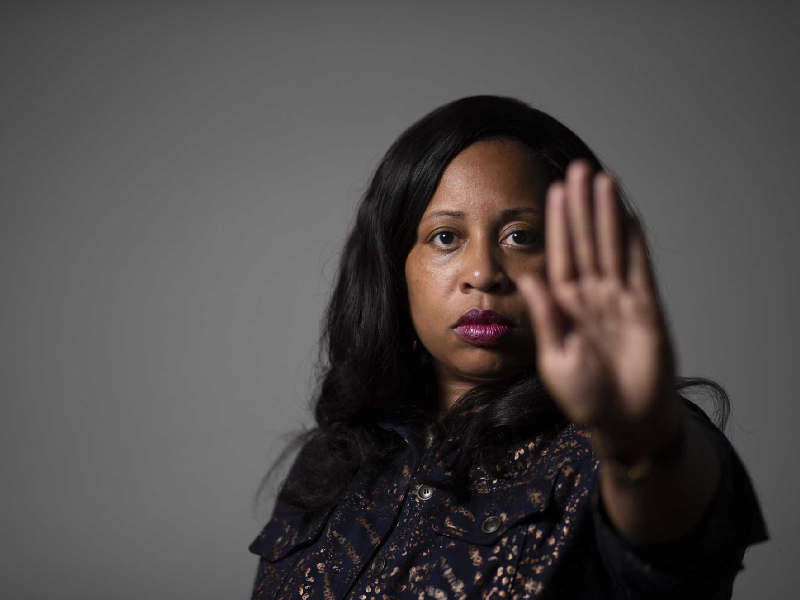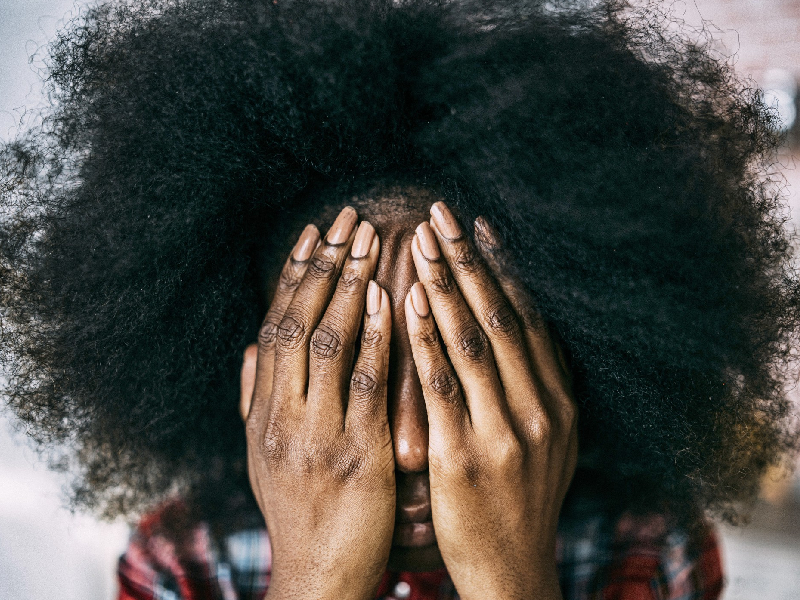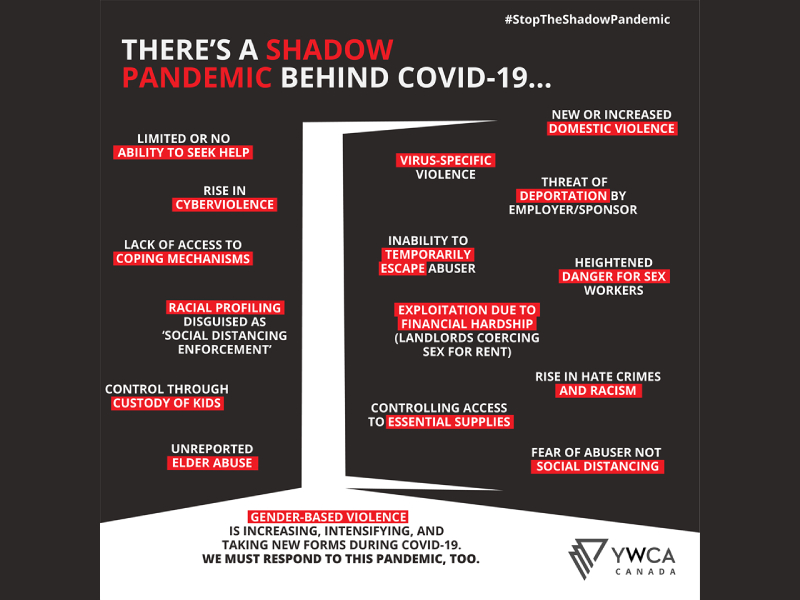|
By Janica Maya (@Janicamaya) Gender-based violence has always been an ongoing issue. However, the COVID-19 pandemic has seen a surge in calls to Canadian domestic violence helplines. Many people, particularly women, face violence every day because of their gender, which is inhumane and violates basic human rights. “The 16 Days of Activism against Gender-Based-Violence” (November 25 to December 10) is an opportunity to connect with organizations and partners to learn what we can do to eliminate violence. November 25th is marked as “International Day for the Elimination of Violence against women”and December 10th - “World Human Rights Day.” Gender-based violence affects all people, but women, girls and LGBTQ2 individuals are most at risk. Aside from gender, victims can experience racism, sexism, and ableism, which creates an intersectional experience with gender-based violence and increases their risk and vulnerability. According to Humberto Carolo - Executive Director, White Ribbon, our society, institutions, communities, and homes are embedded in the patriarchy and systemic inequality. It reflects how women, girls, racialized communities, indigenous communities, and LGBTQ2 communities experience violence and oppression. “As an organization we recognize that violence disproportionately impact these groups and we call on all men and boys who are predominant perpetrators of that violence to step-up and say we will not remain silent”. Masculinity is a factor in violent behaviours among men and boys. Humberto claims the traditional stereotypes of masculinity (of being unemotional and dominant) over others to appear inferior creates gender norms. These stereotypes normalize certain behaviours of men and boys as it intertwines in their boyhood and into adulthood. Redefining masculinity can bridge the gap of gender inequality at the individual and systemic level. “Asking men to learn more about these issues to be aware of how these gender-norm stereotypes reflect in our behaviour and our attitudes…” Humberto says. At a systemic level, men in positions of power are capable of reviewing policies so it is equitable and inclusive for those who have been historically oppressed and marginalized. According to Priscilia Kallfelz - Member Service Manager, YWCA Canada, gender-based violence is beyond physical violence. “It is all forms of violence such as verbal, cyber, emotional and systemic violence based on the way society works,” she says. Since the COVID-19 pandemic, much violence against women and girls have intensified, generating a “Shadow Pandemic” of violence and abuse. Many people are at home stuck with their perpetrators, making them most vulnerable to violence. They are unable to leave home and find supplies and services, with many shelters at overcapacity. “Gender-based violence is getting worse during the pandemic and women, girls, two-spirit, gender diverse people in Canada cannot wait another week,” Priscilla says. “We need all hands on deck to address, prevent, and eliminate violence for good.” The YWCA’s #Pastdue campaign is all about the much needed progress to battle issues of gender-based violence. With years of advocacy work, the goal is to break the silence for a violent free future. This includes committing to changing behaviours, attitudes, and implementing a social system that goes beyond the 16- days of activism. “We have to do the work ourselves to make sure we are part of the solution and that we are not part of the problem,” adds Humberto. |
Recent Posts
Categories
All
Archives
February 2022
|
|
GET THE APP!
Listen to VIBE 105 anywhere you go!
|
OUR STATION
|
TUNE IN RADIO
|
STAY CONNECTED
|
Copyright © 2021 Canadian Centre for Civic Media and Arts Development Inc. Except where otherwise noted, presentation of content on this site is protected by copyright law and redistribution without consent or written permission of the sponsor is strictly prohibited.






 RSS Feed
RSS Feed


